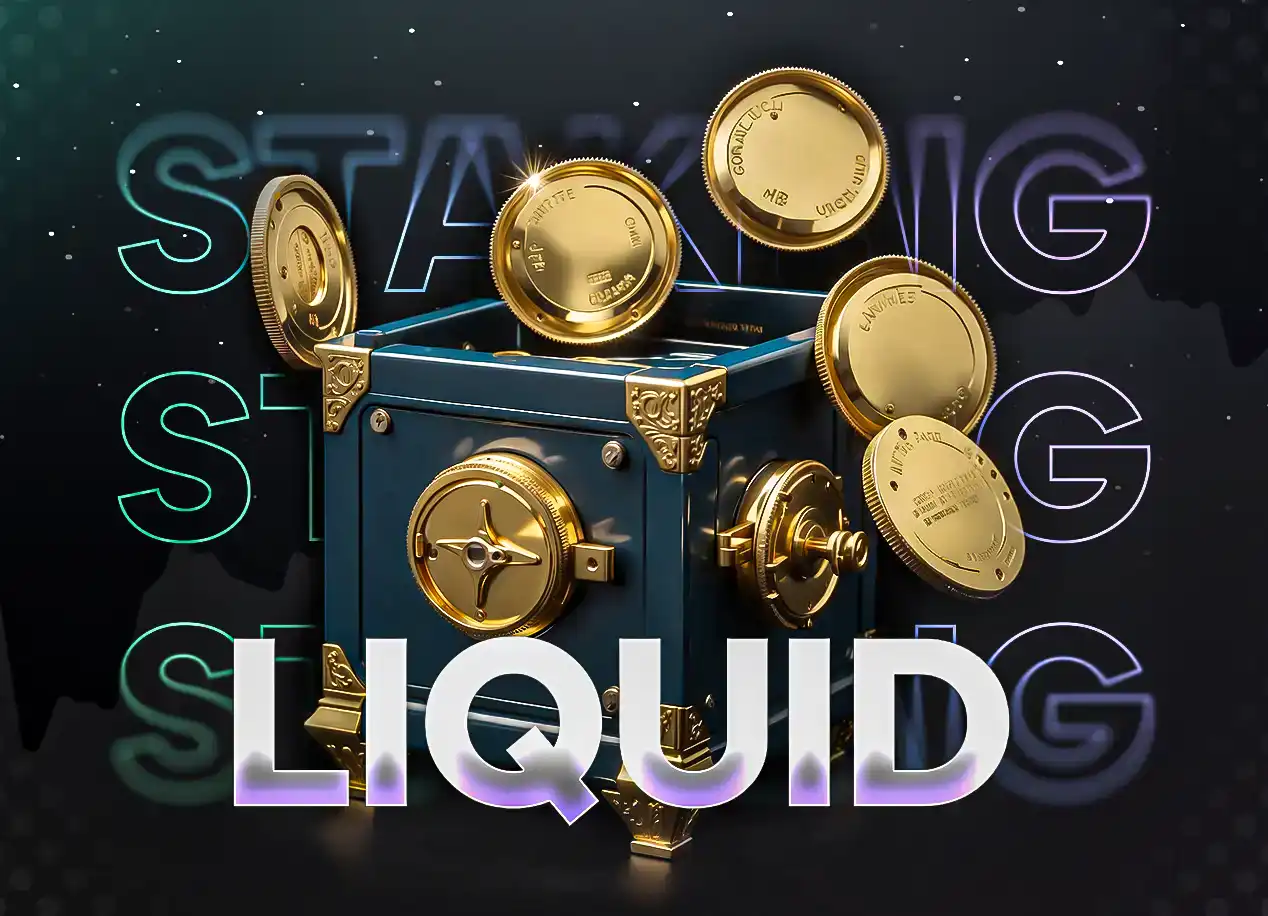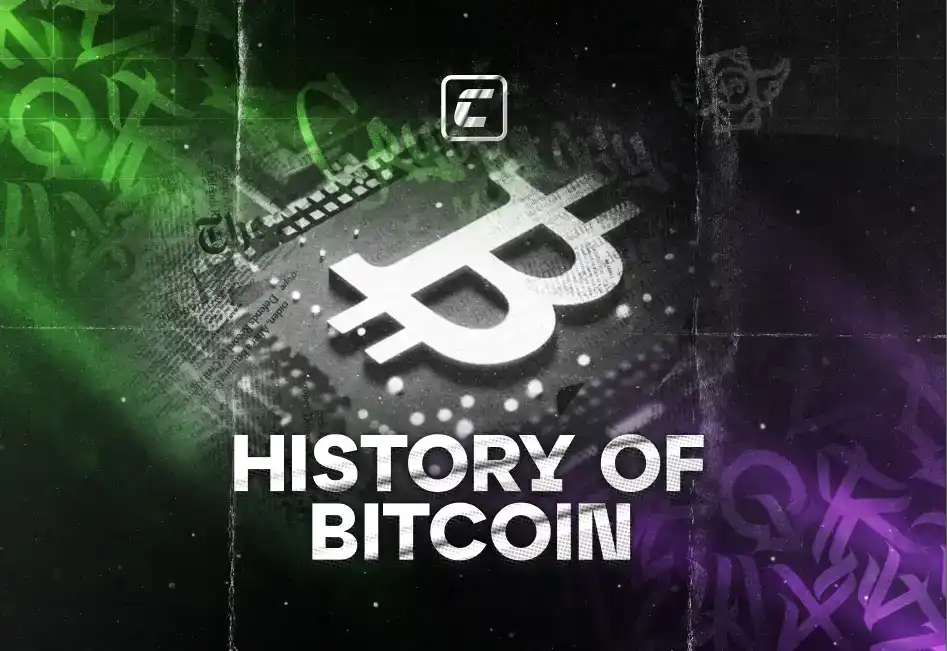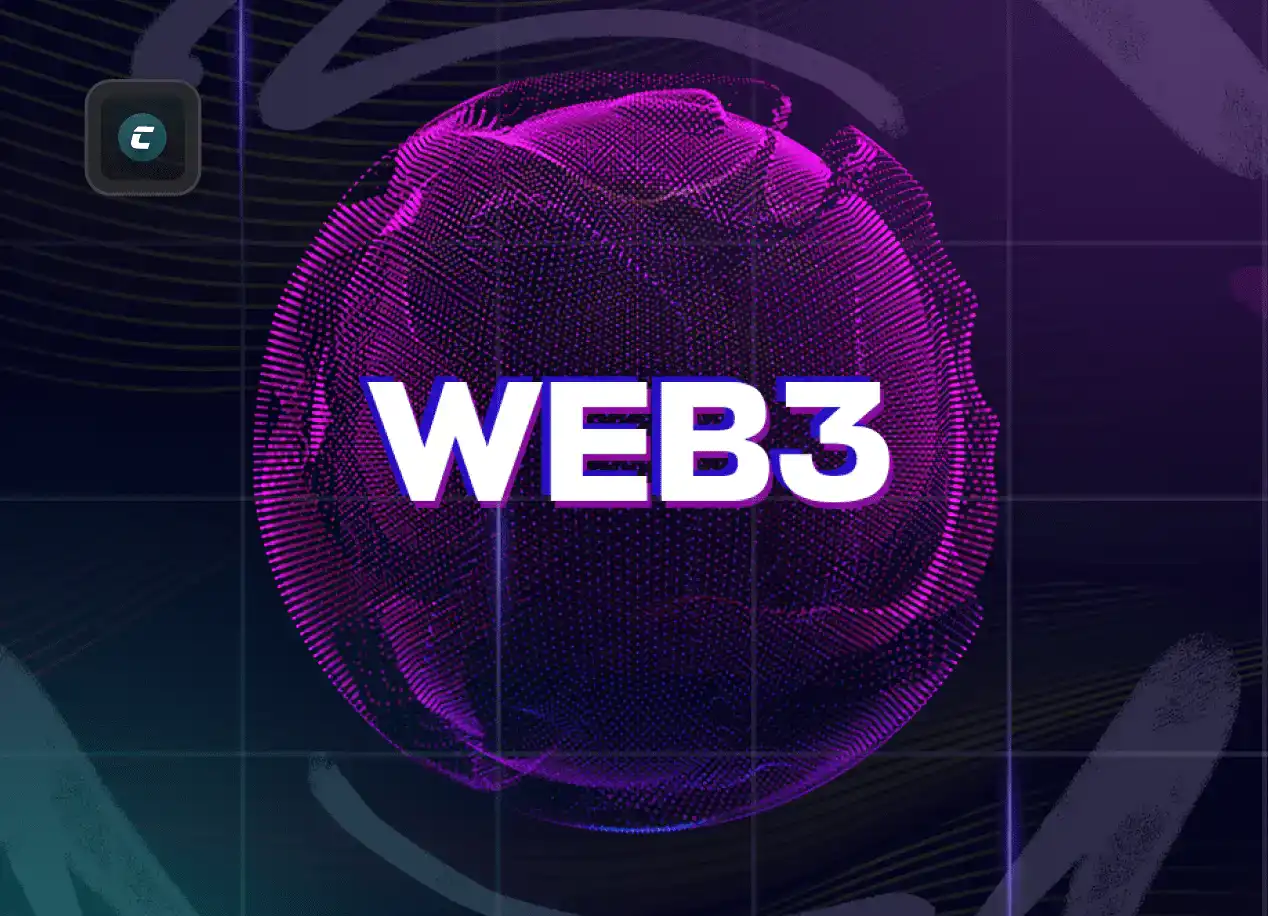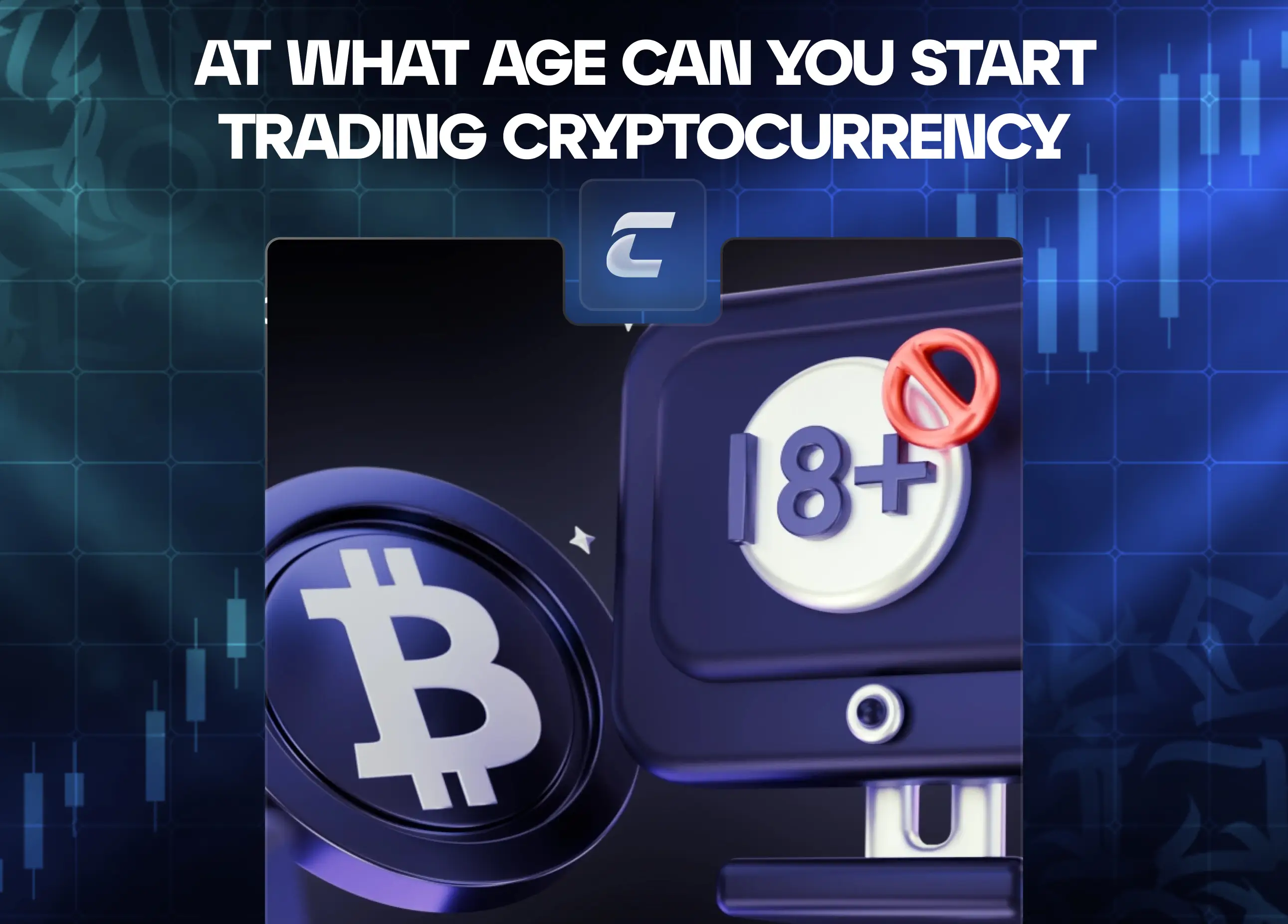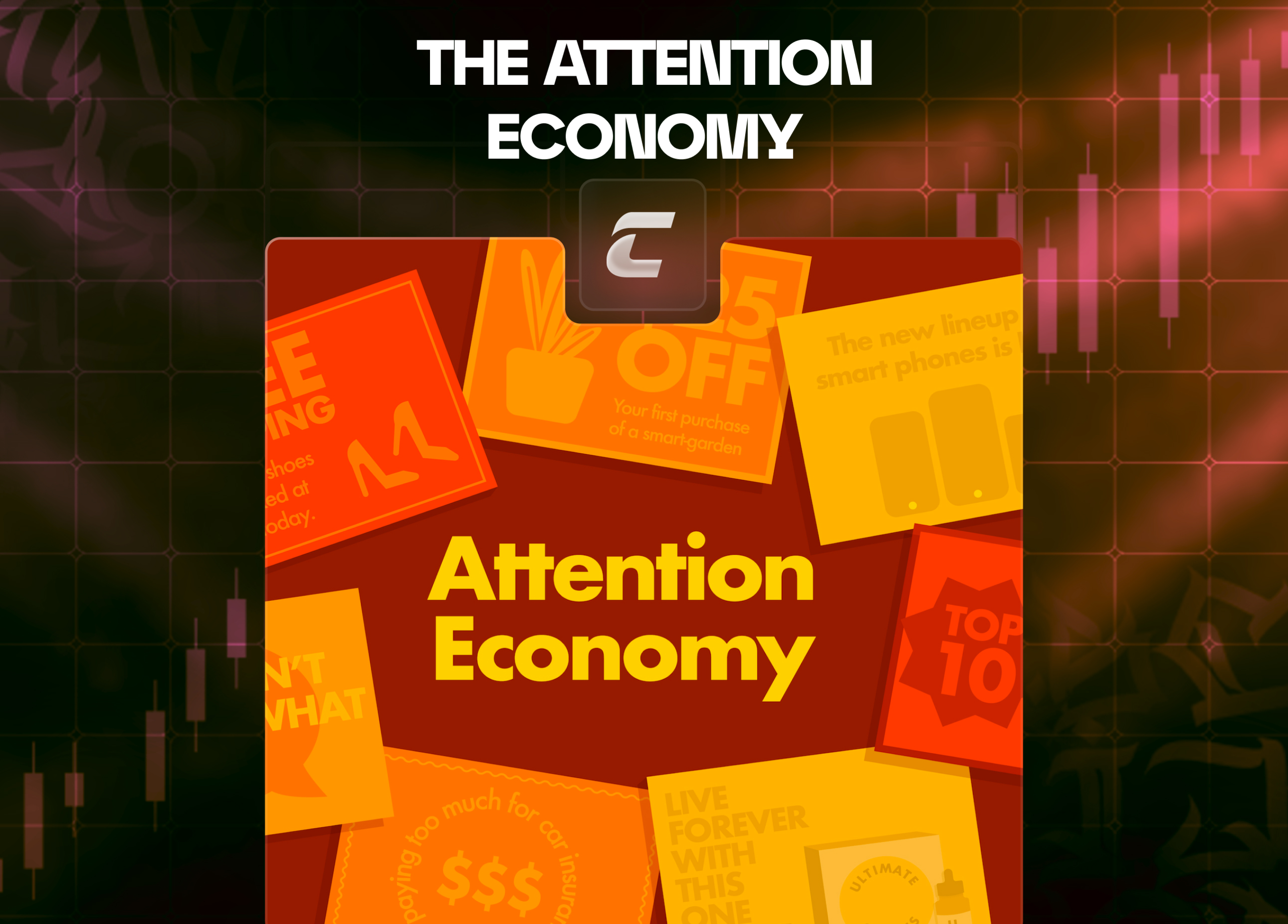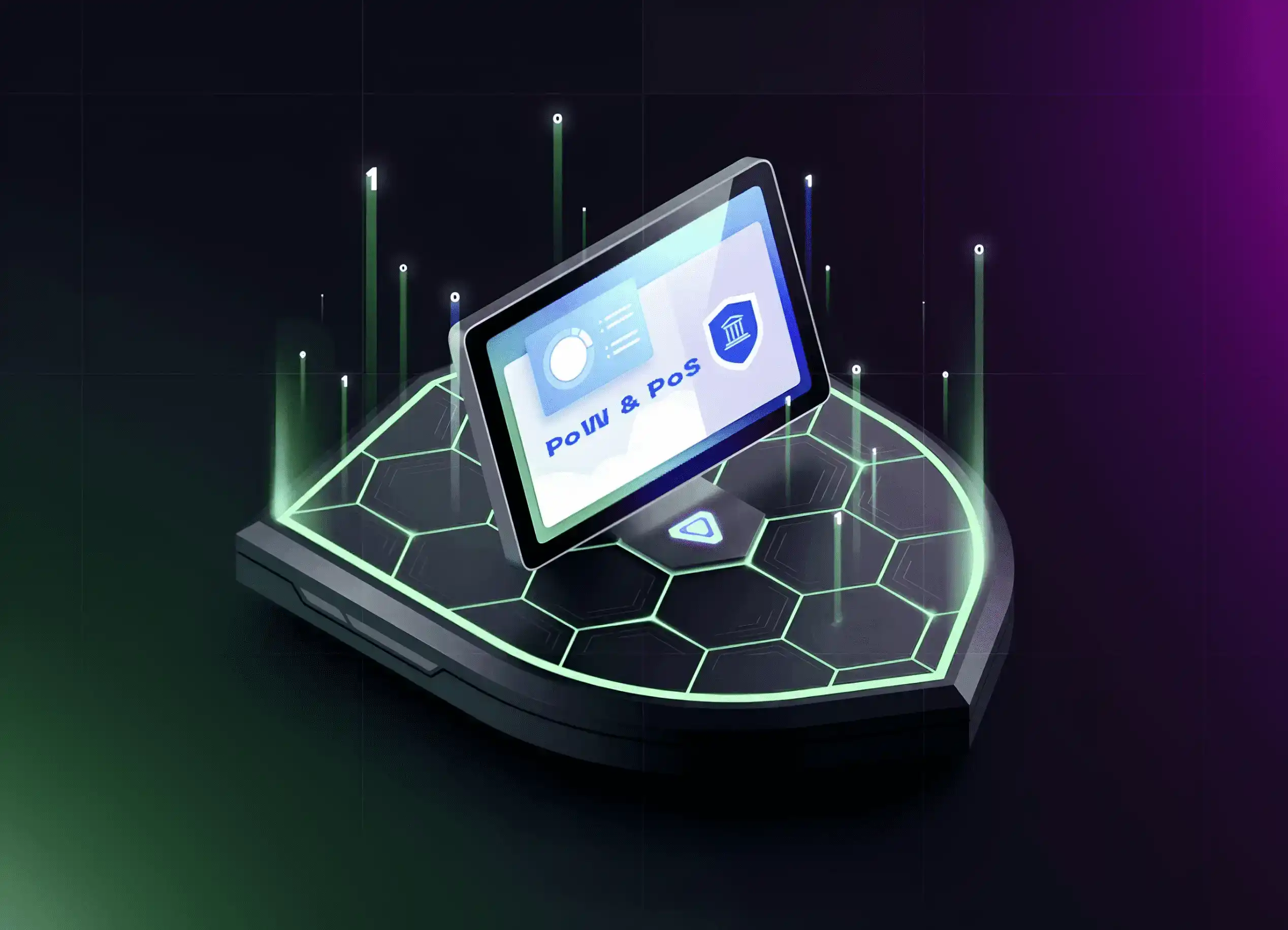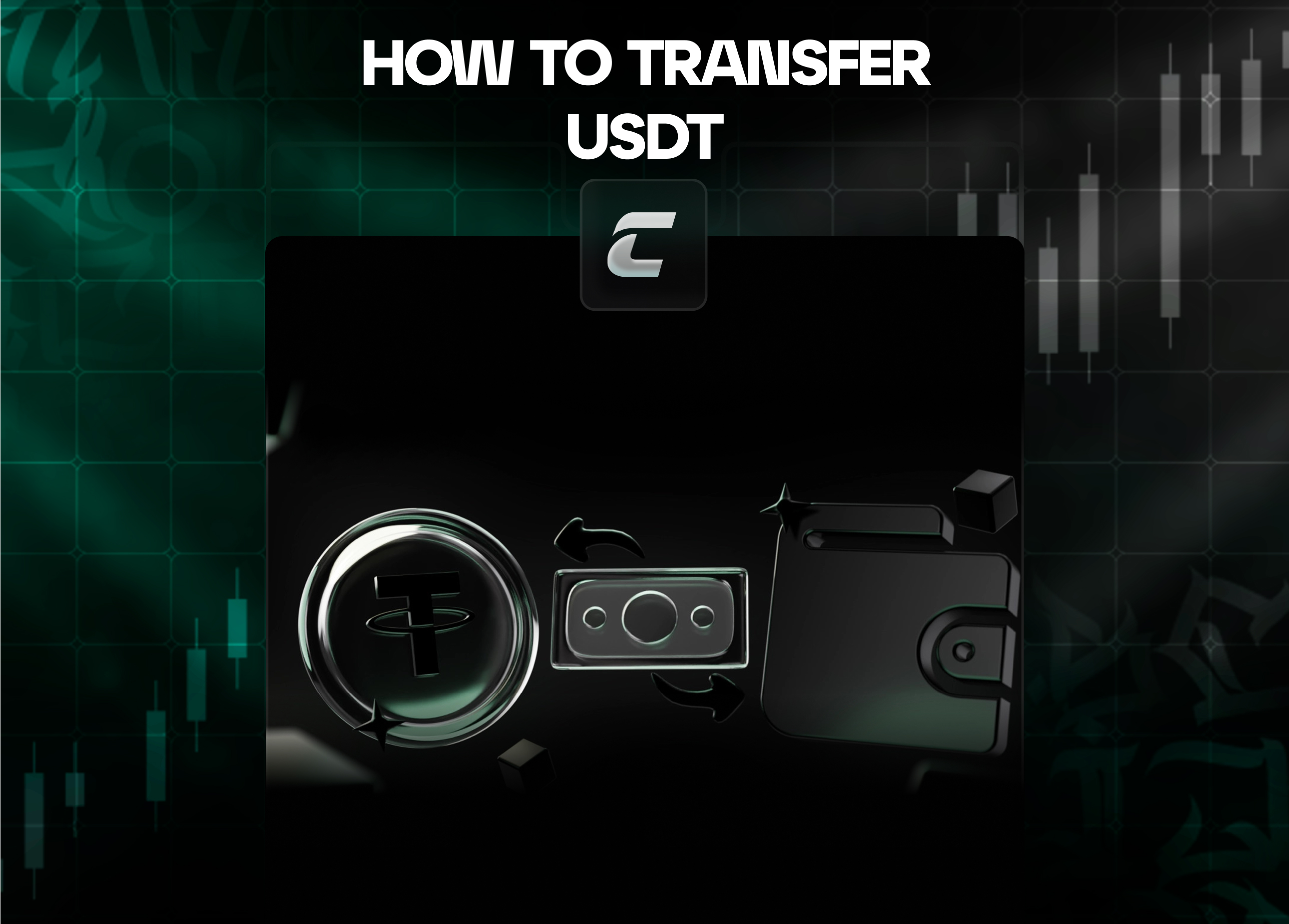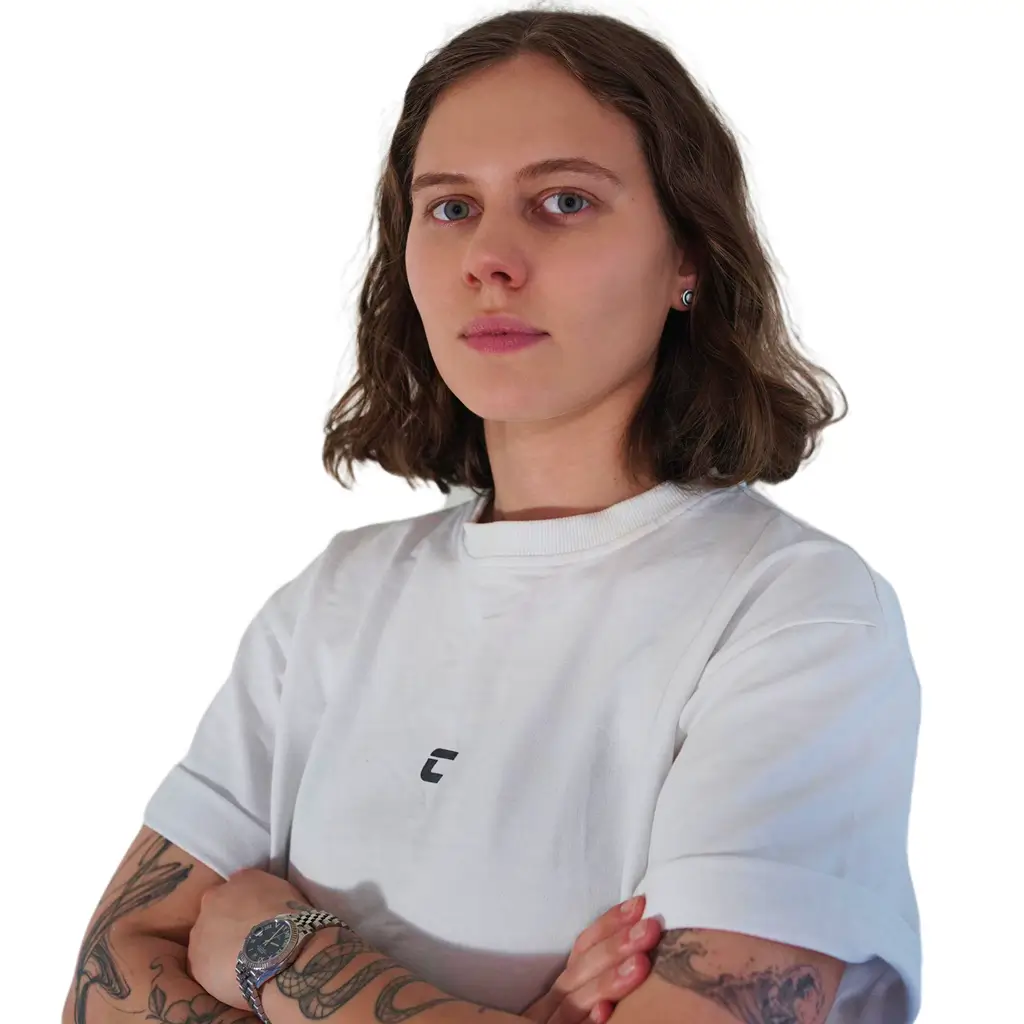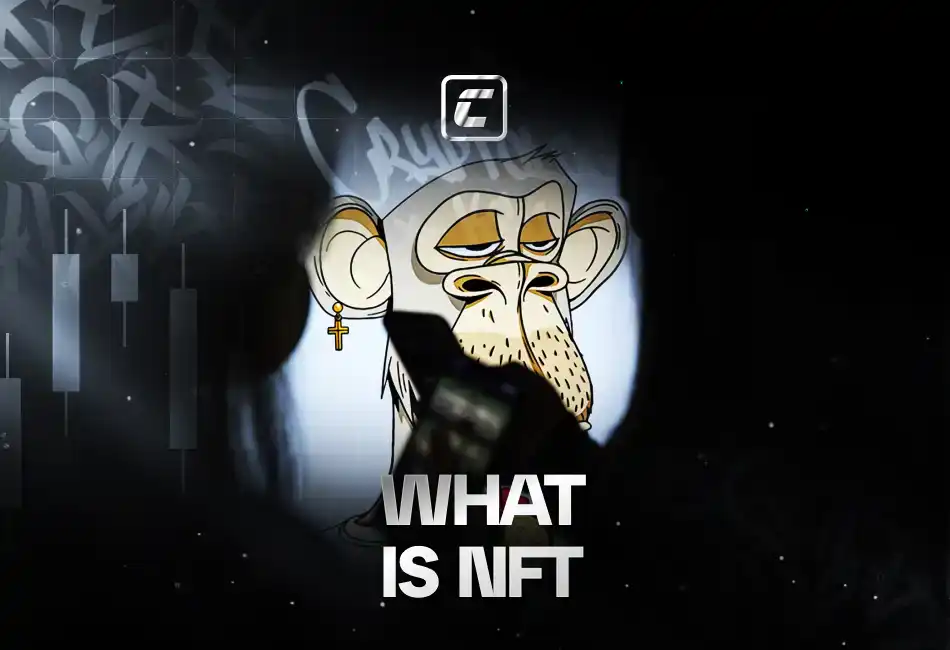
Введение
Художники, музыканты, компании, студенты и школьники создают NFT, зарабатывая миллионы. В чем же секрет? Давайте разберемся в том, что такое NFT и как можно создать свои невзаимозаменяемые токены.
NFT – цифровые активы, предоставляющие право собственности в цифровом пространстве. Они хранятся в децентрализованном реестре, что делает их сложными для изменения, копирования или дублирования. Подробнее о том, что такое NFT вы можете прочитать тут.
NFT – инновационный способ монетизации контента, поддерживающий творческие индустрии. Истории о неизвестных людях, зарабатывающих миллионы на NFT, не редкость. Например, индонезийский студент Султан Густав Аль-Гозали заработал $1 млн, продавая свои селфи через NFT-платформу OpenSea. Местные знаменитости проявили интерес к его NFT-коллекции. В статье разберем, как создать свой собственный NFT-токен.

Из чего можно сделать NFT
NFT можно создать из любых файлов. Это могут быть цифровые версии реальных произведений искусства (не забывайте об авторском праве!), анимации, музыкальные треки, видеоролики, фотографии, виртуальные предметы в играх и многое другое. Важно, чтобы объект имел уникальные характеристики, которые сделают его привлекательным для коллекционеров и ценным в цифровом мире.
Также существуют NFT-объекты, созданные специально для блокчейн-игр, таких как Axie Infinity или Decentraland, например.
Важно учесть, что мошенники уже дотянулись и до NFT : некоторые пользователи продают чужие работы, логотипы или даже просто изображения из интернета, представляя их как свои NFT. Коллекционеры стали более бдительными. Поэтому лучше сразу создавать токен из своего творчества.

Кто может создавать NFT
Создание NFT доступно каждому. Кроме того, этот процесс еще и довольно простой: для этого нужно воспользоваться блокчейном, который поддерживает эту функцию. Сейчас чаще всего NFT создаются на блокчейнах Ethereum, Solana, Tezos или Polygon.
Для начала, вам понадобятся всего две вещи:
- Объект: будь-то реальный или виртуальный, готовый к токенизации.
- Криптокошелек, совместимый с блокчейном, на котором будет создан NFT.
Как создать NFT токен бесплатно
Для создания собственных NFT вам потребуется три основных компонента:
- Сам объект (картинка, гифка, арт, музыка, видеоклип и так далее).
- Криптовалютный кошелек для авторизации на маркетплейсе.
- Небольшое количество криптовалюты для оплаты комиссии за создание и размещение токена.
После того как вы подготовились, нужно выбрать на какой платформе вы выпустите свой невзаимозаменяемый токен.
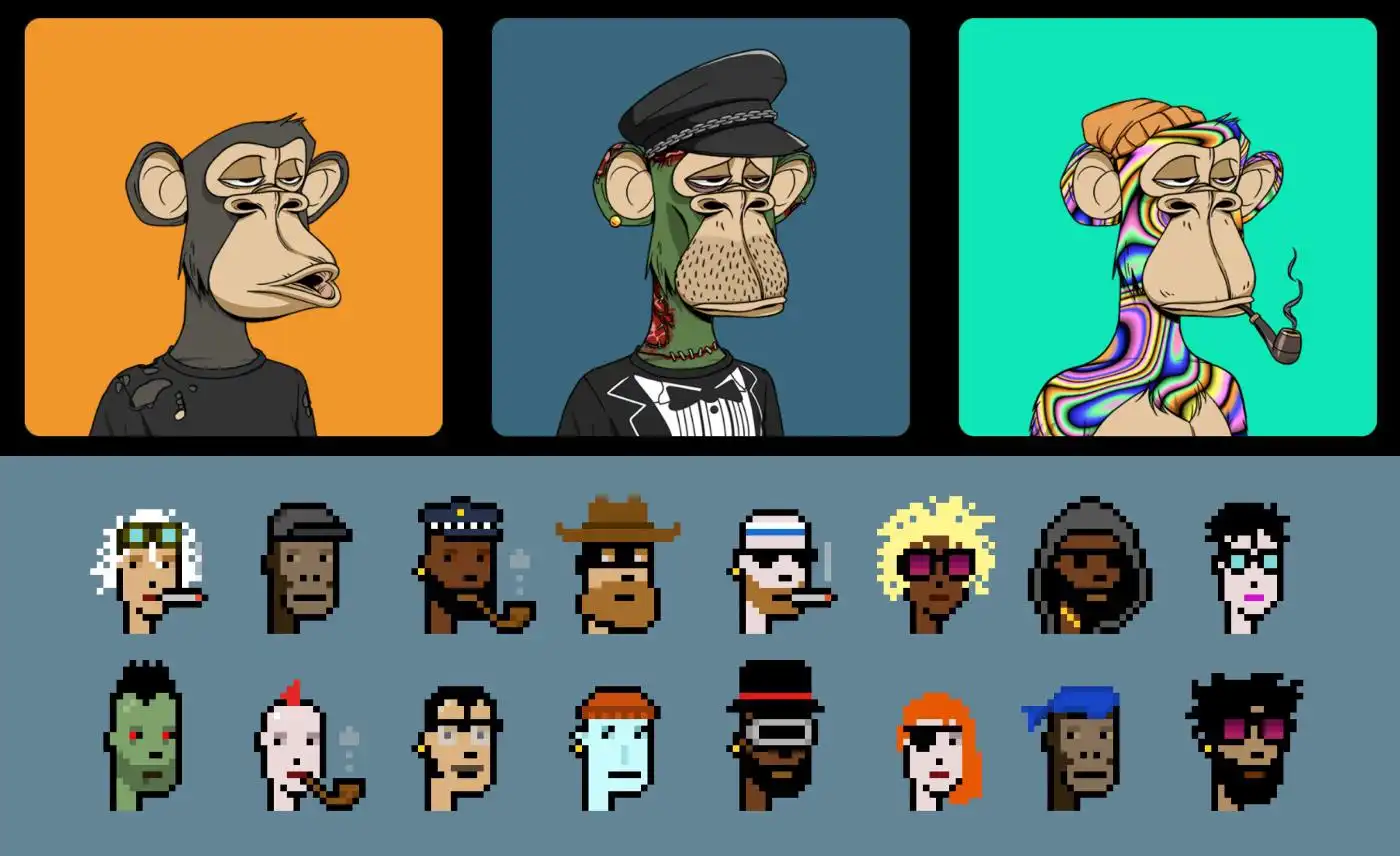
Rarible

Rarible – это одна из ведущих платформ на рынке невзаимозаменяемых токенов (NFT), которая предоставляет пользователям инструменты для создания, продажи и покупки NFT.
Создание NFT на Rarible происходит через интуитивно понятный интерфейс, где пользователь может загрузить свои цифровые файлы и добавить к ним описание, а затем монетизировать их, превращая в NFT.
Opensea

Opensea – самый известный маркетплейс NFT. Однако, если вы хотите выпустить свой NFT тут, есть одно условие: он должен создаваться не для продажи – в противном случае придется заплатить газ.
Однако, есть способ обойти это: ваш токен на Opensea уже будет иметь адрес в блокчейне, так что можно просто скопировать его в свое объявление о продаже на любой другой бесплатной платформе.
Как создать NFT на платформе OpenSea
Создайте цифровой кошелек и внесите в него криптовалюту
Для работы с NFT вам потребуется горячий криптокошелек: это может быть MetaMask или TrustWallet, например. После создания кошелька, внесите в него достаточное количество криптовалюты для оплаты комиссий и создания NFT, но не забывайте об описанных выше полностью бесплатных вариантах.
Подключить кошелек
Как только вы перейдете на платформу OpenSea, нажмите "Create" в шапке страницы, после этого перед вами появится список кошельков, которые можно подключить для пользования платформой: выбирайте наиболее удобный для вас. Мы выбираем MetaMask.

Mint or Drop
Перед вами стоит выбор: создать свою NFT коллекцию и позволить ее заминтить другим юзерам (то есть заплатить за выпуск) или заминтить сразу свои NFT. Мы выберем заминтить их сразу и получить на свой кошелек.

Создание NFT коллекции
Вам нужно создать коллекцию, в которую вы сможете добавить ваши NFT. В этом окне перед вами появятся возможные варианты блокчейнов для ваших будущих токенов. После того как вы загрузите лого вашей коллекции и дадите ей название, нажимайте продолжить. Вам нужно будет задеплоить контракт. Сумма оплаты зависит от выбранного блокчейна.


Перед вами появится созданная коллекция.
Создание NFT
После того как вы создали свою коллекцию, вы можете создать NFT токен. На этой странице вы вносите все нужные данные, рассказываете про токен и загружаете его. После этого нажимаете “создать”.

Вам нужно будет подтвердить транзакцию в своем кошельке.

Поздравляем! Ваш NFT создан!
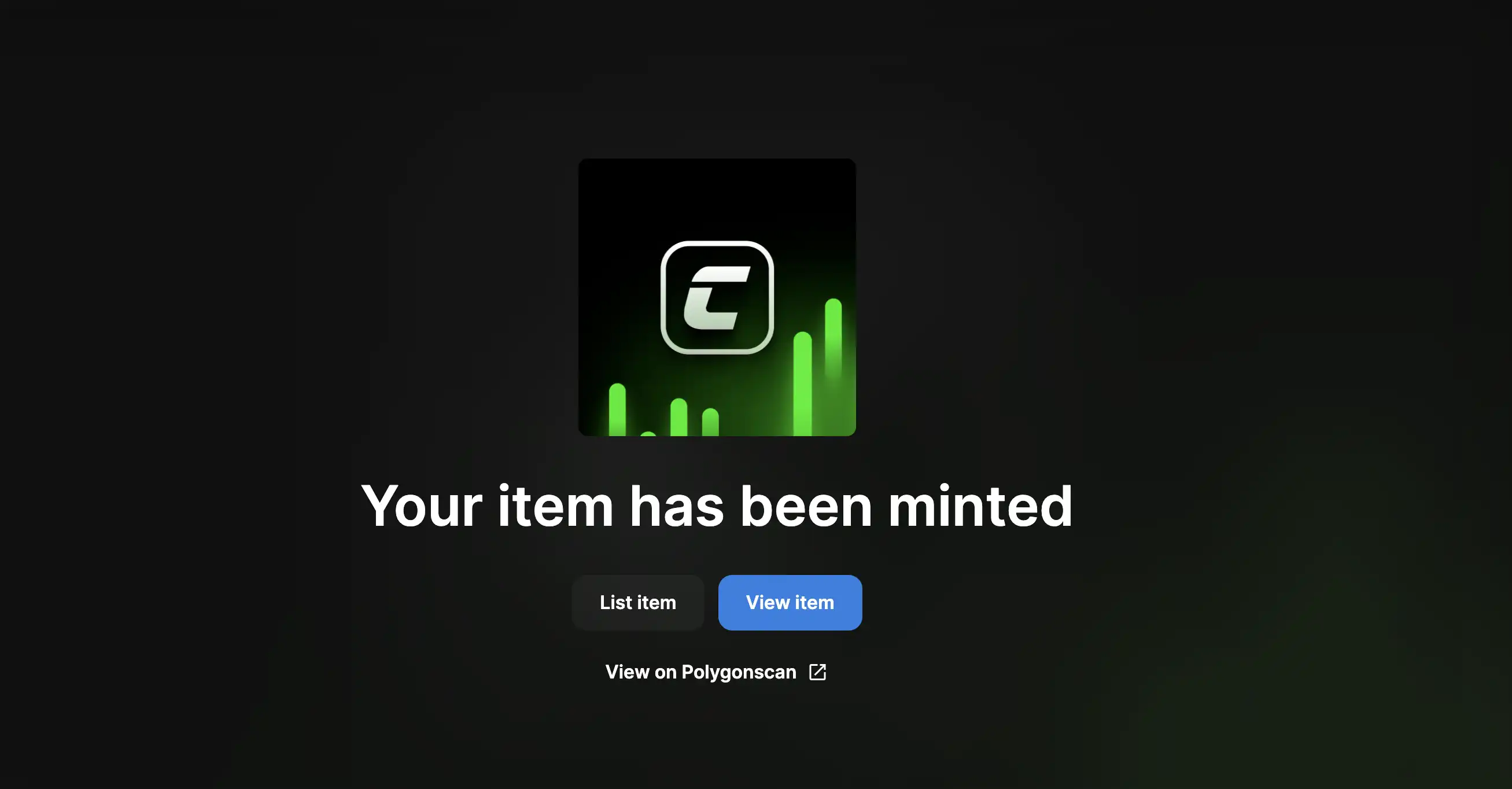
Продайте ваш NFT
Перейдите к своим NFT и найдите нужный токен, после чего нажмите List for Sale.
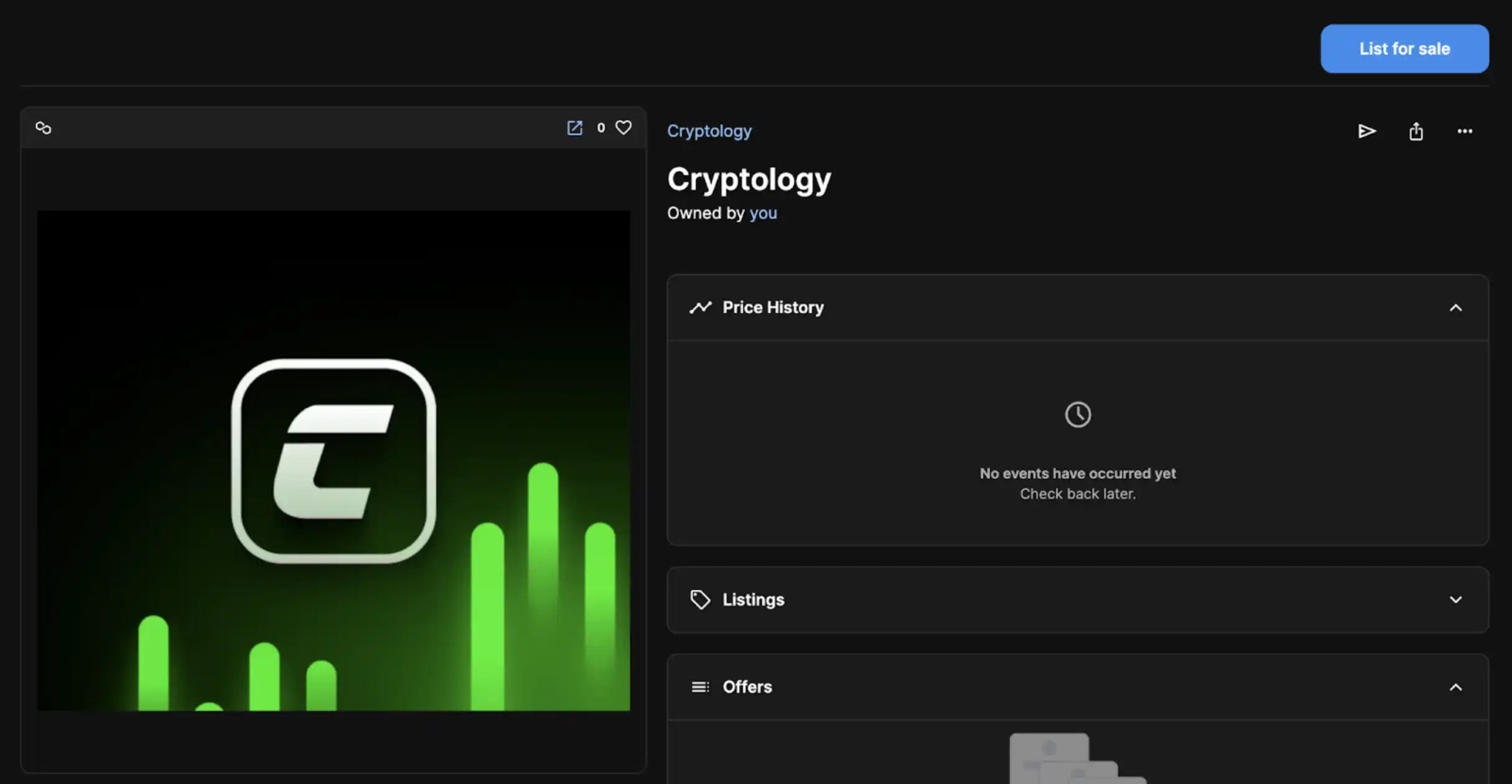

Здесь вы можете выставить цену, которую желаете получить за свой токен или выбрать вариант “продать по наибольшей ставке”, также тут вы определяете сколько времени токен будет размещен для продажи.
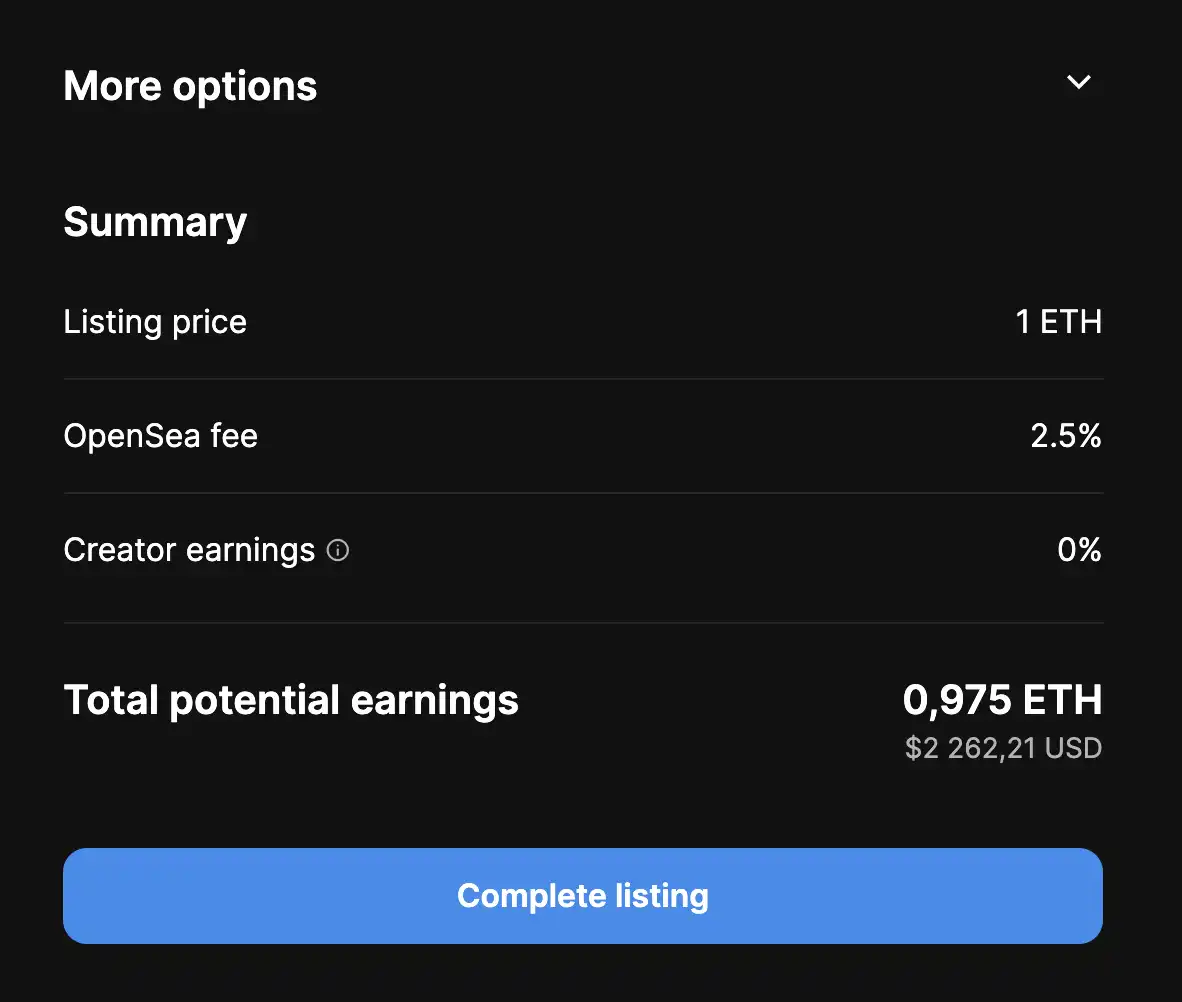
Как мы и говорили ранее, комиссия OpenSea составляет 2.5%, поэтому немного ниже вы увидите сумму, которую вы получите в случае продажи своего токена с учетом комиссии платформы. Нажимаете “завершить листинг”, и ваш токен размещается на маркетплейсе.
Стоимость создания NFT
Стоимость выпуска NFT зависит от того, какую площадку вы выбрали, поскольку на каждой из них разные расценки. Существует, как правило, два вида платежей, которые нужно оплатить юзеру: аванс и комиссия. Комиссия, известная как "газовая плата", варьируется в зависимости от того, насколько загружен блокчейн в момент совершения операции с NFT. Такую комиссию обязательно придется заплатить на большинстве платформ в момент размещения своего NFT на продажу. Как правило, OpenSea берет 2.5% от стоимости NFT, и эта сумма взимается от покупателя.
Однако, существуют платформы, которые не требуют никаких оплат до момента продажи невзаимозаменяемого токена. Кроме того, существует такая функция как “роялти”, если автор NFT включит ее для своего токена, то он будет получать процент от перепродажи NFT каждый раз.
Как определить стоимость NFT
Определить стоимость NFT токена частенько бывает сложно, поскольку это все еще новый класс активов, однако есть факторы, которые влияют на цену актива. В отличие от традиционных активов, ценность NFT определяется не только их внутренними характеристиками, но и рыночным спросом, восприятием ценности и уникальностью.
Одним из ключевых факторов, влияющих на стоимость NFT, является уникальность объекта. Арт-произведения, созданные известными художниками или уникальные коллекционные предметы, часто оцениваются выше из-за их исключительности и редкости. Редкость может быть также искусственно создана путем ограничения количества выпускаемых токенов. Кроме того, на стоимость токена также влияет его полезность. Некоторые NFT предоставляют дополнительные преимущества или права, например, доступ к определенным событиям, членство в клубах, специальные права в цифровых мирах или играх. Чем больше практических применений у NFT, тем выше может быть его стоимость. Последний фактор, влияющий на стоимость NFT – привязка к материальным объектам. Хотя большинство NFT являются полностью цифровыми, некоторые могут быть связаны с физическими объектами или правами на них. Например, NFT, который представляет собой долю в реальном произведении искусства, недвижимости или другом материальном активе, может иметь повышенную стоимость из-за связи с реальным миром.
Авторское право и кража NFT-контента
Если рассматривать на примере законодательства США (как рынка NFT с наибольшим оборотом и перспективами), то следует учитывать огромное количество факторов. Во-первых, NFT как цифровой сертификат собственности были признаны относительно недавно. Во-вторых, все еще не до конца урегулирован крайне важный вопрос – кто имеет право создавать цифровой сертификат на обладание какой-либо вещью, кто обладает правом передать право на что-либо другому человеку или юридическому лицу? Ведь контракты на создание и обладание цифровыми товарами (произведения искусства, музыка, сувенирная продукция и т.д.), не содержат указаний о том, кому принадлежит право создать NFT, связанный с этим товаром. Пункты о правах NFT к такого рода договорам уже добавляют, для того, чтобы внести в них ясность, но это скорее исключение, чем правило.
Еще больше этот вопрос усложняется из-за комплексности авторского права и прав интеллектуальной собственности, так как, например, автору произведения не всегда могут принадлежать права на свое произведение, и, соответственно, он не может ни сам создать NFT, ни разрешить кому-либо другому сделать это за него. На этом усложнения не заканчиваются, так как до сих пор нет ясности в понимании того, какими правами на произведение должен обладать кто-то, чтобы его токенизировать. Согласно закону об авторском праве в США, автор обладает авторским правом на произведение после его создания и фиксации в материальной форме, вне зависимости от среды создания. Владелец прав на произведение пользуется целой “охапкой прав”, в частности, имеет абсолютное право на воспроизведение, пользование, хранение, публичное исполнение и так далее. Все эти права и лицензии также могут быть переданы третьим лицам. Но какие именно из этих прав необходимы для создания NFT пока точно не ясно.
В остальных случаях используют стандартный анализ в сфере интеллектуальной собственности (ИС). Однако, из-за неурегулированности этого вопроса уже сейчас появляются различные “скаммеры”, которые продают NFT, связанные с тем, на что у них нет прав, или то, что не является их собственностью, но выдается за таковую. Рынок NFT похож на рынок обычного творчества, здесь крайне важна репутация. Если вы запятнаете свою репутацию кражей ИС и чужих произведений, отмыться от такого будет очень непросто: первое, что будут думать люди, смотря на ваши NFT, :“О, так это же тот самый вор. Нет, ему я платить не хочу, он наверняка и это украл”, или что-то в таком духе.

Есть ли перспективы у NFT? Экспертное мнение от трейдеров Cryptology.Key
NFT – это цифровые активы, которые представляют собой уникальные элементы и подтверждают владение цифровым объектом. Эти токены предоставляют возможность людям из творческих сфер, таких как художники, музыканты зарабатывать на своем творчестве, быстрее, чем раньше. Продажа NFT открывает новые перспективы для творческих людей, позволяя им монетизировать свое искусство и получать признание на международном уровне. Однако, существуют определенные вопросы, связанные с авторскими правами и их защитой в контексте NFT, поскольку стать жертвой мошенников в этой сфере очень даже возможно.
Текущее состояние рынка NFT несколько ослаблено, и спрос на NFT снизился. Однако, ситуация на рынке, которую мы наблюдаем сейчас, является закономерным результатом быстрого роста и последующего спада в криптовалютном секторе. При улучшении общих рыночных условий можно ожидать возрождения интереса к NFT и увеличения цен на эти активы.
Перспективы использования NFT в реальной жизни остаются обнадеживающими. Примером такого использования может быть добавление уникального токена к документам или билетам, что облегчит их проверку на подлинность. NFT также могут стать основой для широкомасштабной токенизации различных активов и объектов.
Несмотря на текущие трудности, важно признать уникальность технологии NFT и ее потенциальную роль в будущем.
Что такое NFT?
Как работают NFT?
Как заработать на NFT?
- Продажа NFT: вы можете продавать свои NFT на онлайн-рынках для цифровых активов. При продаже NFT вы получаете криптовалюту в обмен на свой уникальный цифровой актив.
- Аукционы NFT: участвуйте в аукционах, где покупатели ставят ставки на ваши NFT, и продайте их высшему предложившему цену.
- Лицензирование и использование NFT: предоставьте права на использование вашего NFT и получайте комиссии от продажи или использования.
- Создание коллекций NFT: создавайте серии NFT и привлекайте коллекционеров, которые могут приобрести их вместе.
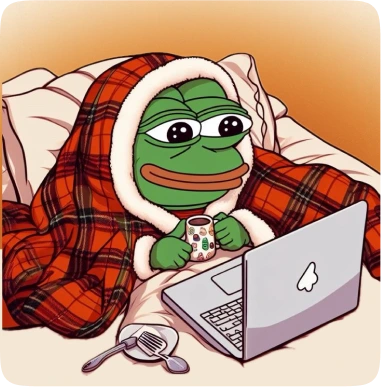
Тогда расскажи друзьям – пусть тоже прокачивают свои навыки. Поделиться можно легко с помощью кнопок внизу или просто скопировав ссылку. Мы будем рады твоим отметкам в соц. сетях!
Поделиться

Подписывайся на нашу email-рассылку и получай свежие аналитические обзоры, новости, инсайты и приглашения на прямые эфиры прямо в свой почтовый ящик. Никакого спама — только ценная информация для трейдеров!
